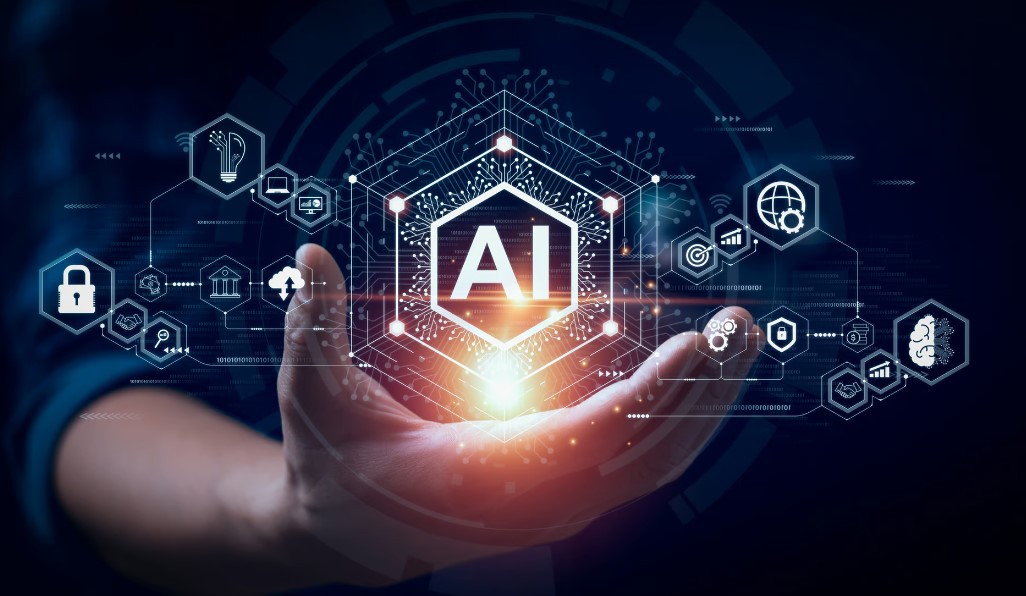What is Artificial Intelligence

Introduction: Artificial Intelligence (AI) has rapidly emerged as a transformative technology, revolutionizing various aspects of our lives. From healthcare to finance, transportation to entertainment, AI has become an integral part of modern society. In this blog post, we delve into the exciting world of AI, exploring its capabilities, applications, and potential impact on our future.
Understanding AI: To grasp the essence of AI, we need to comprehend its underlying principles. AI refers to the development of computer systems capable of performing tasks that typically require human intelligence. This involves machine learning, natural language processing, computer vision, and other advanced techniques. By mimicking human cognitive processes, AI systems can analyze vast amounts of data, recognize patterns, and make informed decisions.
AI Applications: AI finds application in numerous domains, and its potential is expanding rapidly. In healthcare, AI aids in diagnostics, drug discovery, and personalized medicine. AI-powered virtual assistants, such as Siri and Alexa, have become commonplace, enhancing our daily lives. Additionally, AI is transforming industries like finance, manufacturing, and transportation, optimizing operations, predicting market trends, and enabling autonomous vehicles.
Enhancing Human Capabilities: Contrary to popular belief, AI is not a replacement for humans but a powerful tool to augment our capabilities. By automating repetitive tasks and providing data-driven insights, AI frees up human resources for more creative and complex endeavors. For instance, in customer service, chatbots handle routine queries, enabling human agents to focus on more intricate customer needs.
Ethical Considerations: As AI continues to advance, ethical considerations become paramount. Issues like bias in AI algorithms, privacy concerns, and the impact on employment must be addressed proactively. Developers, policymakers, and society at large must collaborate to establish guidelines and regulations to ensure AI is used responsibly and for the benefit of all.
The Future of AI: Looking ahead, the future of AI holds immense potential. Breakthroughs in areas like explainable AI, reinforcement learning, and quantum computing are pushing the boundaries of what AI can achieve. As AI becomes more sophisticated, its applications will continue to expand, transforming industries, revolutionizing scientific research, and potentially solving complex global challenges.
The Human-AI Collaboration: The collaboration between humans and AI will be pivotal in unlocking AI's true potential. AI systems can assist humans in decision-making, provide valuable insights, and offer new perspectives. However, maintaining human oversight and accountability is crucial. Striking the right balance between human judgment and AI capabilities will be key to harnessing the benefits of AI while mitigating risks.
Thanks for helping to keep our community civil!
This post is an advertisement, or vandalism. It is not useful or relevant to the current topic.
You flagged this as spam. Undo flag.Flag Post


